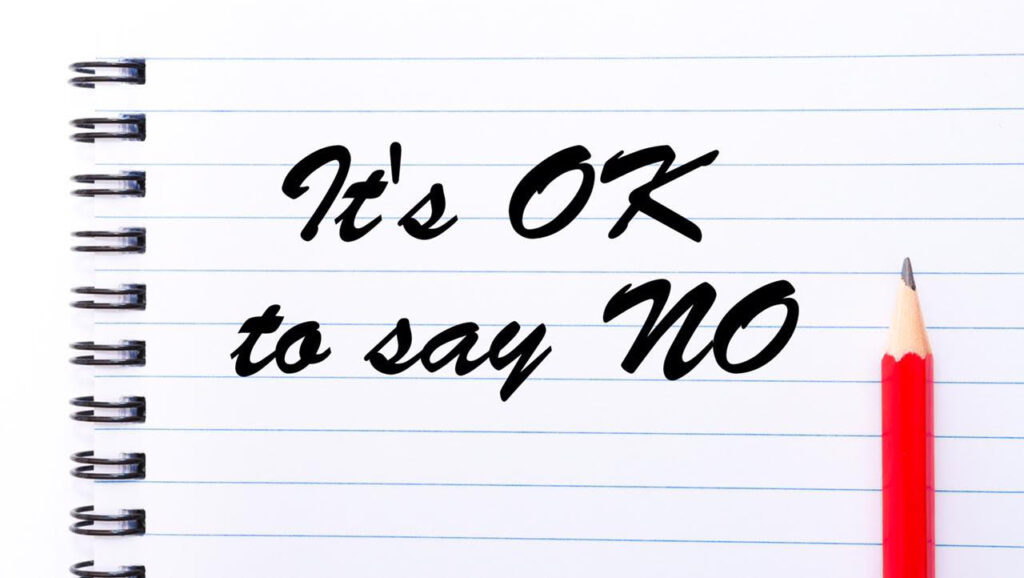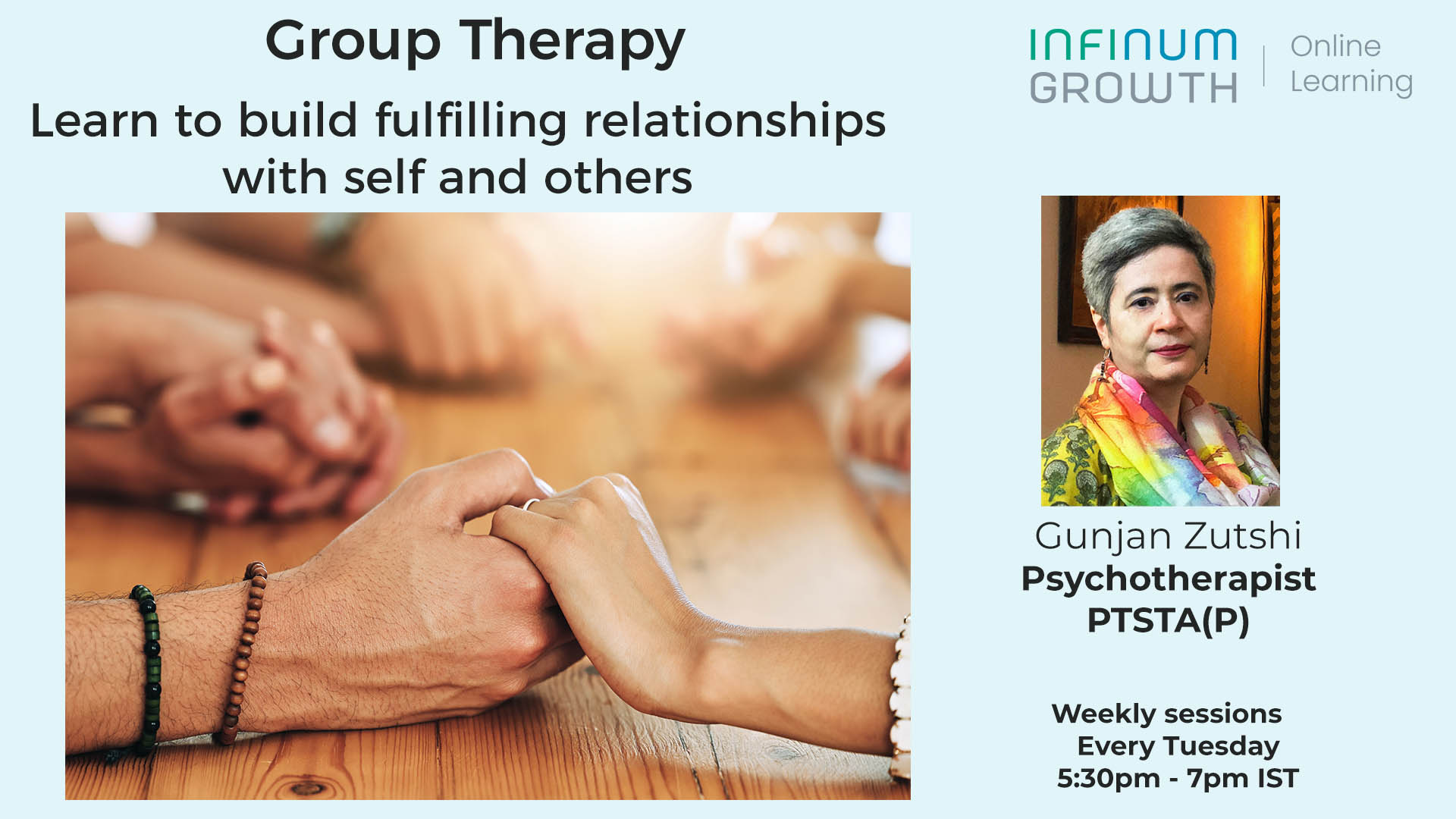“If I was meant to be controlled I would have come with a remote.”.. source unknown
Let’s start with a conversation between a wife and husband.
Wife – “For your interview today I’ve chosen the linen blue shirt, dark blue trousers and the lemon cologne.”
Hubby – “Thank you. It makes things so easy for me. What would I do without you?”
Fast-forward to a few months later. The couple had been invited for dinner by relatives. As usual the wife chose the outfit for hubby dear – a brown and beige combination. It was a shirt she had bought for him.
Wife – “You look so good in this. I have something in similar shades. We will be a colour coordinated couple. Can’t wait to hear the comments.”
Hubby – “Was thinking of trying out the maroon kurta that Nihar (his brother) gave me for my birthday. Have never worn it in all these months. This is a casual occasion when I could actually use it.”
Wife (miffed) – “I just thought we could have some fun. Nowadays you don’t seem to have faith in my choices.”
Husband was in a quandary. The ‘help’ he had appreciated had taken on the avatar of being a controlling force. Should he or should he not follow his own wish; and in all likelihood face a petulant spouse for the next few days?
Are you waiting impatiently to know what he finally decided? He had learnt the art of skillful negotiation.
“Sure we will have fun when we meet our friends next week. Save your dress for then. Nihar will be there tonight and he will be happy to see me wearing the kurta.”
Initially unaware of the manner in which he was being controlled and manipulated, hubby could sense a feeling of suffocation. He realised his freedom was getting compromised – being constantly monitored, checked and watched.
To understand what was happening, he decided to take Counselling help.
A Counselling Conversation that helped bring clarity
Counsellor –“What I am hearing is that you are experiencing a feeling of loss of control, even in regular mundane matters. This understanding is recent for you. Could you think back and tell me if you had felt like this even as a child?
Hubby – “Now that you ask me, yes. Sometimes I felt overwhelmed even as a child. I could not explore or experiment like my friends did. It was all done for me. My family would even breathe for me if they could.”
Counsellor – “What did you feel?”
Hubby – “In hindsight I think my feelings were mixed. I enjoyed being pampered, but I definitely missed being me. I missed the excitement and happiness of doing things on my own, feeling a sense of real achievement, being mischievous, getting into trouble, making mistakes. I had been denied that freedom.”
Counsellor – “And today somewhat similar feelings are overwhelming you. You are feeling helpless, powerless and you want to break free.”
Hubby – “Yes. I wish to exercise my choice and not be made to feel guilty or justify myself at each step.”
Counsellor – “And who will do that for you?”
Hubby – “I realise it has to be me but how do I do it?”
Many of us have experienced it at some point; the feeling of claustrophobia and the need to break free -from prying eyes, emotional blackmail, pressurisation, demands, feeling blamed.
Sometimes we even become slaves to our own, self-created pressures; and the need to exercise continuous self control, whereby we throw all spontaneity out of the window, becoming mechanical in our lifestyle.
But we will not discuss self created pressures – for now.
How do we know we are being controlled?
Here are some common ways; there may be many more.
- Being threatened with dire consequences, if we do something against the wishes of the controlling person.
- Feeling cornered, gaslighted, watched and blamed for things that go wrong, which we are not even responsible for.
- Becoming aware that there is unusual sweetness when something is needed from us.
- Constantly feeling criticised while nothing good is acknowledged.
- When the other person feels there is a need for us to ‘change’.
- When the other starts controlling us through finances.
- Being constantly answerable to the other person.
- Victim card being played by the other person and creating a drama over small matters.
- Interference in and micro-managing of our actions by the other.
- Segregating/Distinguishing us from those we are close to and can trust.
- Controlling who we talk to or mix with.
- Not accepting a ‘no’ from us and disrespecting our boundaries.
Why do we need to be in control of our lives?
It is natural to want to be in charge of and have a say in our own lives. We cannot get even a pet to do things against its will. We all love the freedom of making a choice and having our wish respected; from whether to have a cream cracker or a ginger biscuit with our morning tea to much greater issues. It gives a feeling of well being.
It is a different matter whether we are able to acknowledge, accept and take responsibility for our choices.
Why do we sometimes want to control the lives of others?
The problem arises when we take away the other’s choices and wish to control their lives.
Why do we do it? (We will not address psychotic disorders in this article).
Some reasons are –
- Insecurity – of losing control and becoming unimportant, low self confidence and self esteem.
- Inability to trust – either out of suspicion or lack of faith in the ability of others.
- Deep seated fear of things going wrong without our input, management and control.
- Anxiety / inability to relax.
- Seeking attention, a desire to be in the limelight.
- The belief that we can do it best or we know best what needs to be done.
How do we stop being controlling?
- Usually it needs someone else to point out that our behaviour is oppressive and controlling. It is the receiver who has to bear the brunt of our high-handed and bossy attitude.
- If we are introspective, we can sense that our behaviour makes people uncomfortable, distant and wary; making us feel alone and unwanted. The loss of genuine companionship and warm ties might make us want to change.
- It helps to understand why we are doing it, where our internal insecurity, fear and limiting beliefs stem from; and then work on them with help.
- We gradually realise that we cannot control everything in life, even if we try. Changing our own unhelpful behaviour is possible.
- Handling our own anxieties and becoming calmer helps in changing our driven behaviour pattern.
- Taking a step back and seeing where our controlling behaviour has got us, how it has affected those around us and doing a debit-credit analysis gives us useful insights.
- “How would I feel if someone was trying to control me?” is a good question to ask ourselves.
- Observing others who have better relationship management techniques is helpful.
- In the short term we may get our way but over the long term we lose abiding relationships and the rich inputs of different viewpoints. Changing our internal dialogue by consciously deleting words related to control helps us to change our thoughts also.
- Looking at uncertainty not as a threat or something fearful; and instead, taking it in our stride as a fun challenge, where we can think of creative ways of handling it and dealing with it as a team.
How do we break free from being controlled?
- The awareness of being controlled; and the resultant unease, must be strong enough for us, to want to claim our place in the sun and say “ Enough! no more! I want to have a say in my own life and I need you to back off.”
- Travelling from the awareness of being controlled, to the desire for autonomy; to executing it and expressing it; is the journey towards breaking free.
- We also need to learn the methods of assertive communication – being firm and clear, but not aggressive. This needs consistency, patience and a calm approach.
- If we choose to put up with a certain degree of controlling behaviour, we should be able to examine and explain to ourselves why we need to do it.
- There may be situations where we do not have the scope to take a hard decision of opting out or being vocal about our needs.
- In such cases, we try and work on other areas – like focusing on our personal strengths, developing skills to make something of our lives, learning ways by which we can stay insulated from the provocation of controlling behaviour. And understand that even this is a choice we are making.
- Focus on what is important to us, be confident of what we choose. Then how others respond will be inconsequential. We can decide not to give our mind space to reliving painful controlling behaviour experiences.
- It might help to try and understand what makes the other person behave in a certain way. If we can find particular triggers in our behaviour that sets the other person off, we can be mindful about it and try and minimise it.
- It is a useful practise establishing boundaries in relationships that get intrusive; expressing how we feel and what we need without blaming, and knowing when it is prudent to leave the situation.
And then there is the interesting area of needing to be in control of every aspect of our own lives. Says Khalil Gibran, “Our anxiety does not come from thinking about the future, but from wanting to control it.”
It has been wisely said that though we cannot choose or control the external circumstances we can decide how we respond to them.
Please do leave your comments at the bottom and do share with others if you like this article.



















Love this. In certain societies women are controlled and expected to say yes to everything. Often people don’t know how to draw boundaries because they feel guilty saying no. Thank you, for this extremely well thought out and balanced article. I really needed to read this because off late I have started to say no and others around me don’t like it. They make me feel guilty. Your article is of enormous help.